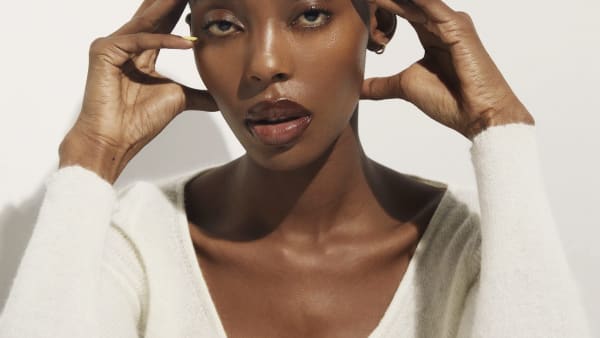
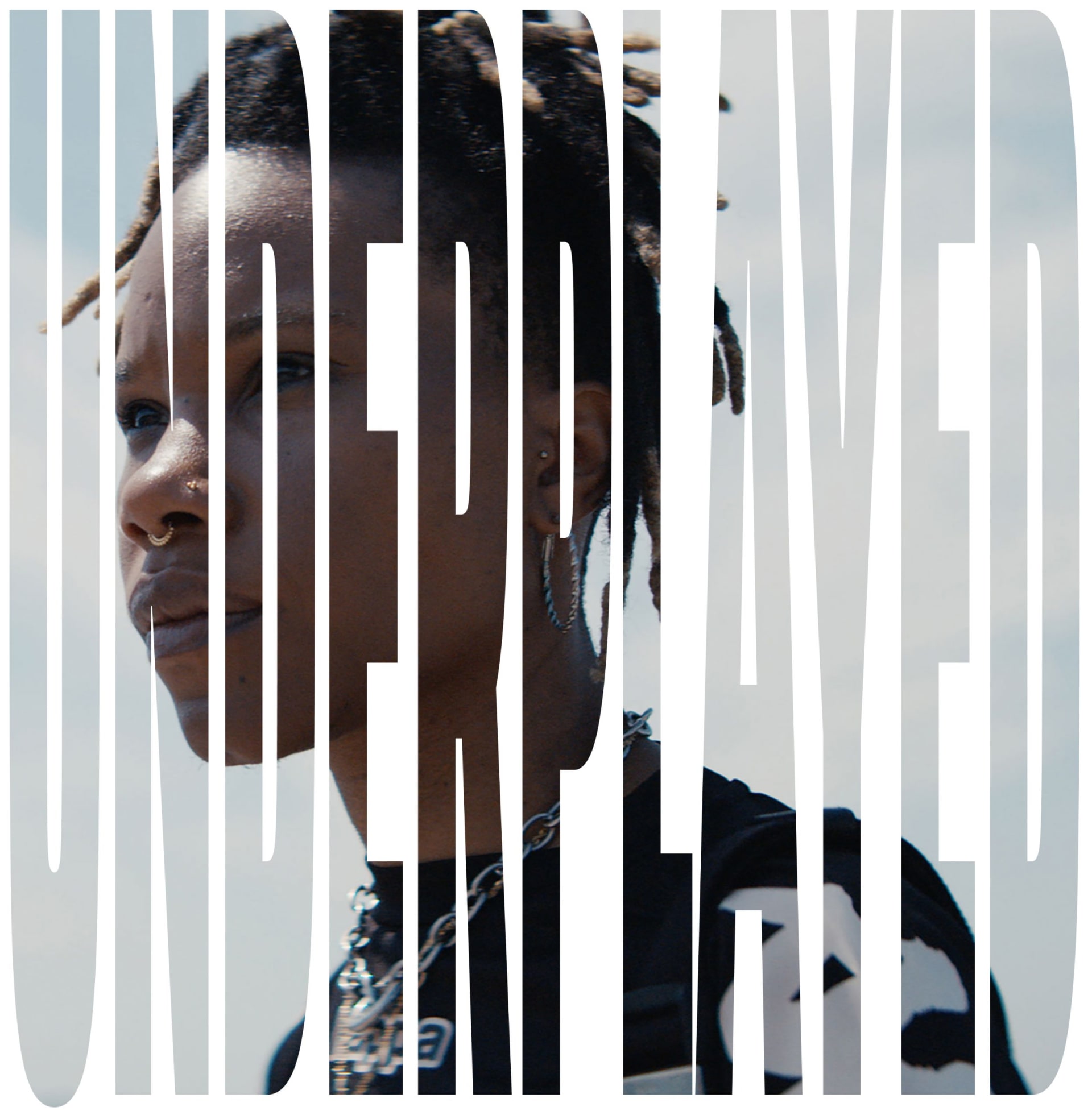
New Documentary “Underplayed” Offers an Intersectional Angle To Sexism in the Dance Music Industry
Stereotyped, sexualized, shut out: Stacey Lee's intimate portrait, which premiered at Toronto International Film Festival last month, captures the plight of women in electronic music.
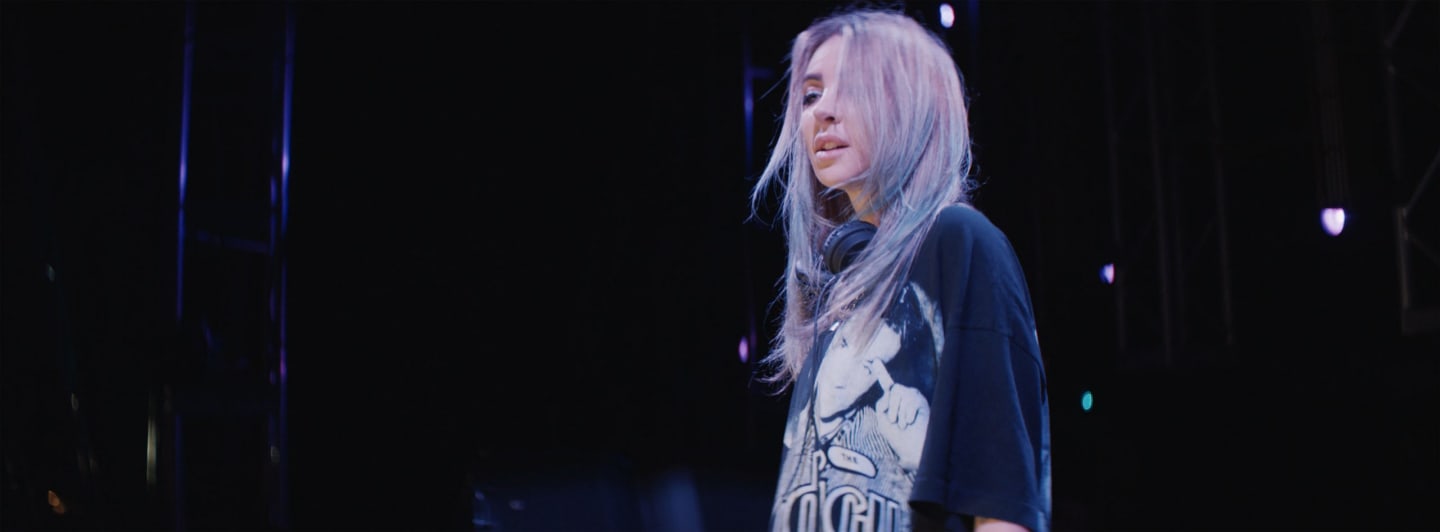
“I’m going to be sick.” Halfway through Underplayed there is a scene in which Australian superstar producer and DJ Alison Wonderland is seen huddled in a corner of the rehearsal space where she is preparing for her summer tour, trying not to cry after her ideas are repeatedly ignored by her male sound engineer. “I hope everyone likes [the show],” she says in a breathy tone, preparing for her summer tour in which she DJs, sings, and leads a full orchestra. “I just want to level up, it’s time.” The moment exposes the pressure to succeed that has been put on women in the music industry. Last year, only five of the Top 100 DJs were female. Underplayed, which premiered at Toronto International Film Festival last month, uses this bleak statistic as a vantage point to explore the systemic issues at the root of this lack of representation.
This element will show content from various video platforms.
If you load this Content, you accept cookies from external Media.
Lee casts a wide net in her range of protagonists, showing us the world of the commercial dance music circuit Alison Wonderland, Rezz, Nervo, and TOKiMONSTA are a part of, as well as taking us into the underground scenes TYGAPAW, Sherelle, Louisahhh, Asmara, and Nightwave inhabit. Her intersectional approach explores the interconnected nature of social categorizations such as race, class, age, and gender presentation that create overlapping systems of discrimination or disadvantage, showcasing the different ways in which each of the protagonists have been affected. By including such a diverse range of interviewees, from young DJs of color like Ciel and Chippy Nonstop to top-tier players like hit EDM duo Nervo, industry veterans like Suzanne Ciani and Terri Winston from Women’s Audio Mission, Underplayed highlights just how insidious sexism in the music industry still is today.
When Canadian dubstep star Rezz is set to headline at Bud Light Dreams 2019, she is only one of three female acts on the lineup. “There’s not a lot of women currently out there who have made a big name for themselves,” a representative from Live Nation gruffly claims when interviewed about booking the festival. “At the end of the day we’re a business and we need to sell tickets.” It‘s certainly lonely at the top, and as the camera pans to Rezz, we see her wearing her signature style of glowing spectacles that mask her face, spinning tracks to thousands of people with no one but a cameraperson on stage beside her.
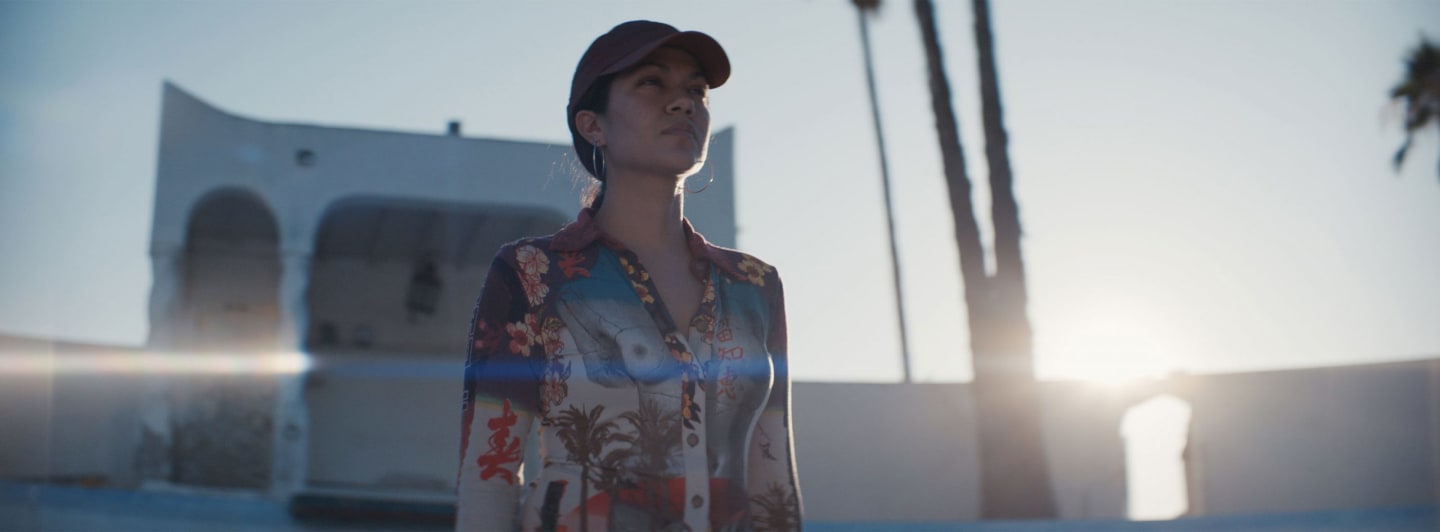
In the next scene, Underplayed shows goes further in exploring how women of color and queer people are even more limited in their ability to even reach those few spots at the headlining slots of lineups that are afforded to women. Queer women of color, who not only experience sexism but racism and homophobia as well, which could lead to a lack of confidence that would limit their ability to even put themselves out there as a performer. TYGAPAW, a Jamaican-born producer and DJ based in New York explains how from a young age, she was discouraged to stand up for herself when she was bullied for her natural features and how in her home country, Grace Jones, one of the few role models she had growing up, wasn’t celebrated as the icon that she was. “That erasure of her legacy was so destructive,” TYGAPAW says, echoing a theme that reoccurs throughout the film: you can’t be what you can’t see.
LA-based producer TOKiMONSTA, one of the few women ranked among the Top 100 DJ list, details the imposter syndrome she felt after receiving a Grammy nomination for her work, worrying that she had been shortlisted as a token. “What’s unfair is the fact that I feel this way at all and some of that might be because of how I was raised.” Underplayed outlines how the socialization of women, lack of positive role models and representation, as well as the normalization of gender stereotypes ultimately leads to a narrow playing field that has led to the bleak statistic that women make up 3% of production and technical roles in the music industry (that percentage breaks down even further, to 0.3%, when it comes to women of color.)
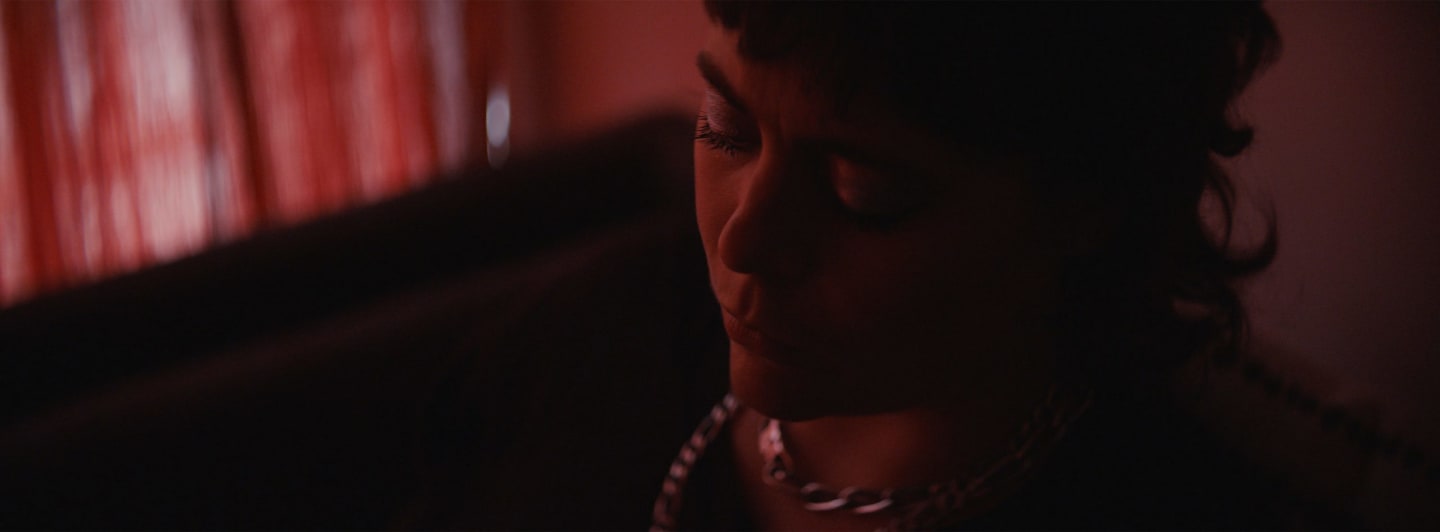
Underplayed shows the mental toll experiencing sexism can take on women working in electronic music, exposing the ways in which the women portrayed in the film feel that they can not win. There is no manual on how to do things “the right way” in this male-dominated industry. Nightwave’s 2016 Boiler Room set is a pivotal example–not just for the fact that the Glaswegian DJ and co-founder of the Producergirls initiative was groped while she was playing but also because of the avalanche of derogatory comments which flooded the livestream’s chat room. “It’s not just ‘shit mix’,” she says in the film, reflecting on the experience, “it’s ‘you should kill yourself.’ And this is the stuff you get [as a woman].” Afterwards, Boiler Room had to reckon with its policy on content moderation, but the issue of cyberbullying on live streams still plagues the online platforms that host them.
Moments later, London’s Sherelle, whose career was jumpstarted by way of her own viral Boiler Room set, offers a poignant obversation: she alludes to the fact that she was spared from the worst misogynistic comments because of her own gender presentation, which is more masculine, as opposed to Nightwave’s. Perhaps because the trolls are able “see themselves” in a DJ whose style is more boyish. “They haven’t judged me in the same way as they may have [judged] my ‘female’ counterparts,” she says.
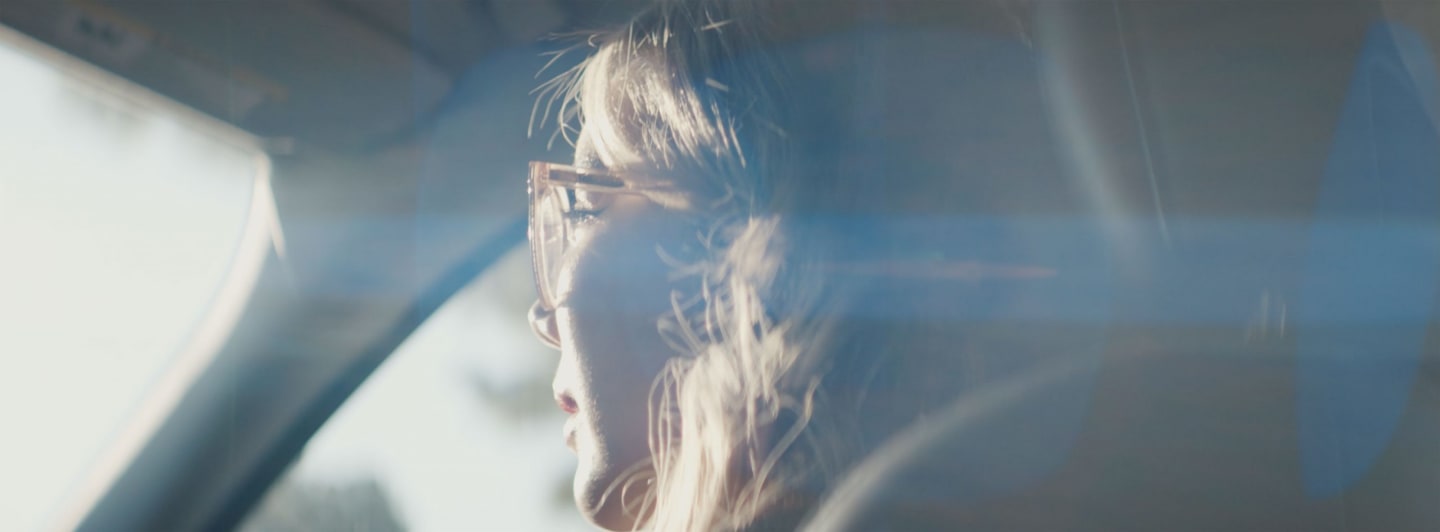
Lee’s camera thrives in creating an intimate atmosphere in which the protagonists are comfortable enough to open up about their experiences and in turn allows the viewer to deeply empathize with them. The conversation around gender diversity in electronic music is certainly not new, and Lee is no stranger to the topic, having followed the work of New York’s Discwoman collective for a documentary back in 2016. However, in the last four years since its release, Lee explains that when Bud Light Canada approached her about making Underplayed, she was shocked to discover that little had changed in the music industry. “Gender inequality was suffering from issue fatigue, everybody was sick of talking about it, hearing about it and little action was being taken,” she explains. This is why her approach to exploring the protagonist’s individual paths is so effective. “Rather than ‘rehashing’ the problem, we had to humanize it, experience it first hand,” she says. By seeing the many incredible DJs and producers, whose talent is unquestionable, “working their butts off day and night doing all they can to breakthrough in this space,” meanwhile experiencing the challenges and victories of being an electronic music artist today, “the issue becomes real, tangible, and and the solutions to drive change are much more obvious.”
These hardwon victories are both systemic and personal, closing the second half of the film with a note of bolstered optimism. Underplayed interviews representatives from organizations that have been working on gender parity solutions over the last couple of years such as the Keychange Initiative, which works with a total of 180 festivals that have committed to having at least one woman, transgender or non-binary person present in 50 percent of the acts in the festival and conference program. SheSaid.So offers an online and offline community for women and nonbinary people in the music to connect with each other, creating a safe space to share experiences and opportunities. In one of the film’s final scenes, Alison Wonderland overcomes a creative block by replacing a toxic male studio engineer with a woman, showing what a powerful impact an all-female stage team can have. And instead of letting the haters get to her Nightwave channeled her energy into teaching with PRODUCERGIRLS, offering workshops to girls who are interested in learning music production. TYGAPAW recalls how her community-oriented “Fake Accent” club night immediately resonated with folks who have been marginalized, outlining how she is part of a lineage of trailblazers who can inspire other young Black women to pursue their dreams.
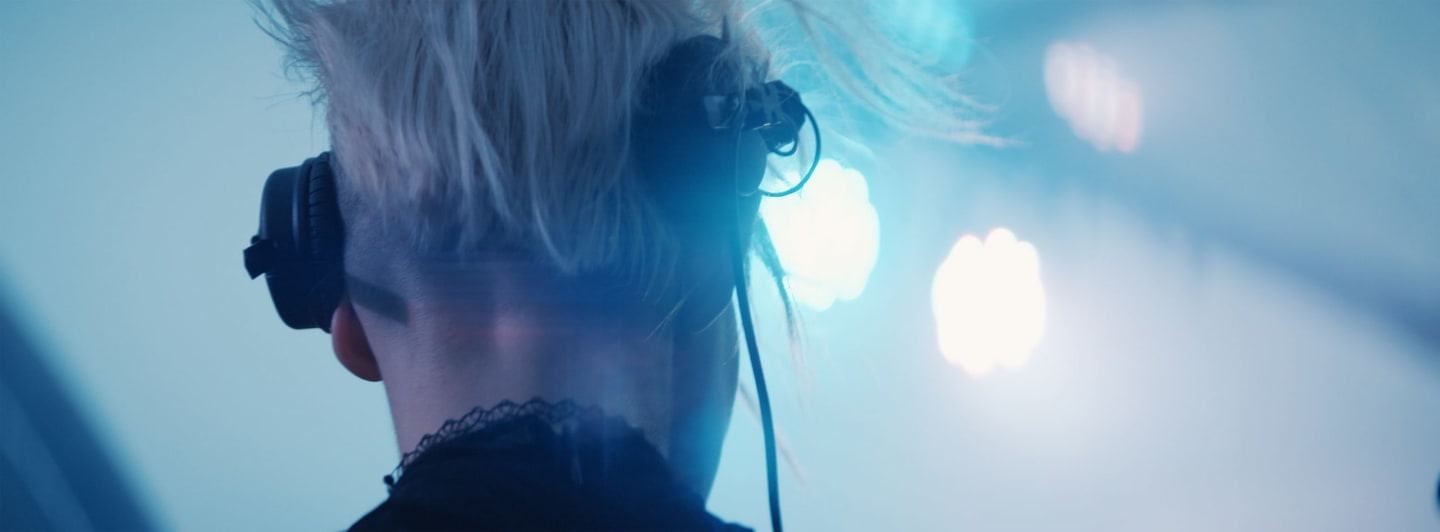
The power of Underplayed is how the message of intersectional feminism and representation in electronic music is not isolated to this one industry. Ultimately, successfully knocking down the barriers for entry into this industry can cause a ripple effect for all creative, male-dominated industries. It is a universal message for young women everywhere that they achieve their goals. No matter what profession, we should have gender parity regardless because we want to show young women how expansive their possibilities are. As Michelle Moog of the Moog Foundation says, “We look to others to see what’s possible for ourselves.”
Published October 21, 2020. Words by Caroline Whiteley, photos by Stacey Lee.






